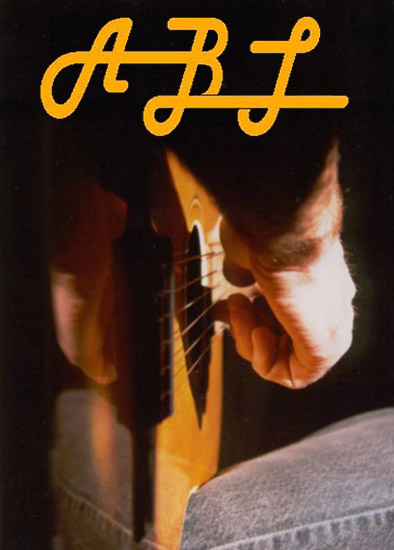|
Column Archive |
||
October, 2013 |
Promoting Yourself |
by Webmaster |
|
I get a lot of emails from BMI, CD Baby, DiscMakers, and various other sources which frequently include advice on how musicians can promote themselves. I've done columns containing summaries of this advice. How to use social media. How to write a great bio. How to bring people to your web site. How to build and use an email list. How to make a YouTube video. How to make use of free web sites. People who are serious about promoting themselves will make use of these tools, and find more tools, gimmicks, etc. to use. I have never seen an article about self-promtion starting with the most basc, most important point: attitude. There are two types of performers. Divas and Listeners. Divas get up on stage and their attitude is "LOOK AT ME! LISTEN TO ME!" They are on stage showing off. They are self-absorbed and truly believe that it is all about them. They are above menial tasks--someone else can carry the gear, perform the sound check. Room for their instruments is more important than room for the sound system. They are too important to be bothered by the little people including roadies, venue personnel and fans. Their sterling performance overcomes any need to connect to the audience. They talk only to their bandmates, other performers that they consider worthy, and people who can help further their careers. They hide in the green room, protecting their privacy. Their time is too valuable to give it away to everyone who wants something from them. When they have to interact with the common people, they do it with an attitude, making sure that everyone knows what an imposition it is. Listeners get up on stage and pay attention to the audience. They work hard to give the audience what it wants. They help the sound people. They get along with all the people they meet, and go out of their way to be gracious to their fans. At bar gigs, they use their breaks to meet and talk to new people. They come out a intermission and at the end of a concert to sign CDs, have their picture taken with the audience. They find out what their fans want. They show up early, and stay late. And they do it cheerfully. I've been lucky to have experience on both sides of the stage. I've been a volunteer at many musical events in a variety of jobs: booking performers, setting up chairs and making coffee, selling tickets and product, being the M.C., doing the accounting, sweeping the floors and putting out the trash. Sometimes I've done all the jobs in one night. And, I've met a few divas along the way. One woman, part of a local band opening for a national touring act, had a screaming fit in the lobby of a concert hall, during the headliner's performance because I didn't save chocolate chip cookies for her, "the star of the show." One man, who lives in the area but performs nationally, couldn't remember my name for years (even though I was living with a friend of his and had met him many times) until I was in a position to help him promote himself. I played bass in a band that led weekly jams. Anyone could get up on stage and play. The drummer used to refer to "the masturbating lead guitar players." He was right: they were having a good time, but no one else was. I've seen a lead guitar player clear a room in 3 solo breaks. He was so busy watching himself, his chord chart and making sure he was louder than anyone else, that it never occurred to him to look at the audience. I've also been a performer, in a variety of venues: bars, dining rooms, corporate events, outdoor festivals, concert halls. I've done booking and promoting for myself and for various bands. And I've been lucky enough to work with some wonderful listeners. They manage to find the right songs to connect with the audience, they talk with people (not at them), pay attention to reactions to songs, and adjust their songs and stories accordingly. If their material is sad, they tell funny stories between songs to lighten the mood. If the audience loves country, they get country. If the audience loves old-time rock, they get old-time rock. They have a wide variety of material and select it to be appropriate for the venue. They take requests. And when they get off-stage, the people in the audience who were strangers at the start of the show, are friends by the end of the show. They play well with others. I can't tell you how to go from being a self-conscious diva to a performer who connects to the audience on an emotional level. I wish I could. I think it starts with a focus on the audience rather than and focus on self. "Did they like my song?" vs. "Did I get enough applause?" And, I think that attitude carries over into all forms of self-promotion: writing bios, building web sites, using social media, booking events, and how you act at events off-stage. The right attitude will make everything else more effective. Thanks for visiting AcousticByLines.com! |
|||
| TOP | |||

